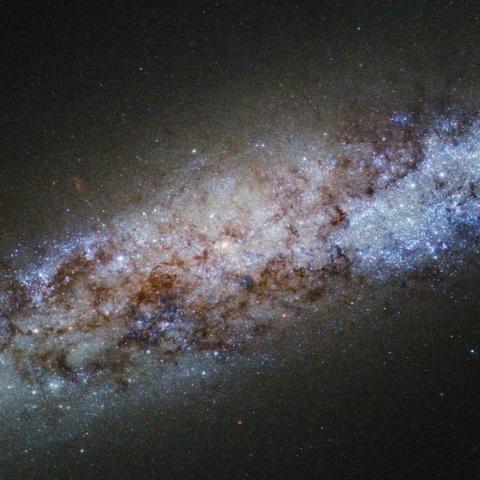On May 4, Prime Minister Narendra Modi kicked off the 7th Khelo India Youth Games through videoconferencing. He described the event as a significant step in India’s sports journey and emphasized the country’s goal to host the Olympic Games in 2036. “Hosting the Olympics is a dream of every Indian, and we are dedicated to making it happen,” he said, tying India’s grassroots sports movement to its global ambitions.
With over 6,000 young athletes competing in five cities across Bihar—Patna, Rajgir, Gaya, Bhagalpur, and Begusarai—Modi praised the rising sports enthusiasm among the youth. He remarked, “As our sports culture flourishes, so will India’s influence on the world stage.” He urged the athletes to view themselves as “brand ambassadors of Ek Bharat, Shreshtha Bharat,” fostering a spirit of unity and pride.
Modi noted that sports have a transformative power that goes beyond just playing. He highlighted the government’s commitment to improving sports infrastructure, recalling that India’s sports budget has tripled over the past decade to nearly ₹4,000 crore. There are now over 1,000 Khelo India Centres established nationwide, including several in Bihar.
In his remarks, he emphasized Bihar’s growing recognition in national sports, pointing to the creation of a sports city along the Patna-Gaya highway and institutions like Bihar Sports University. “The Khelo India Youth Games will further enhance Bihar’s stature on the sports map,” he stated.
He also celebrated young athletes like Vaibhav Suryavanshi, a cricketer from Bihar who gained attention for his performance in the IPL. Modi praised how continuous competition fosters success, underlining the importance of regular opportunities for athletes.
Reiterating India’s goal of hosting the Olympics, Modi expressed the government’s commitment to making it a reality. He pointed out the economic benefits of sports, highlighting new career paths in areas like sports data analytics, physiotherapy, management, and broadcasting. “A stadium is now a hub of employment,” he noted, stressing how sports can create jobs for the youth.
Moreover, Modi encouraged the inclusion of traditional Indian sports in the Youth Games, mentioning disciplines like Gatka, Kalaripayattu, and Mallakhamb. He applauded Indian athletes excelling in lesser-known international sports, recalling how the women’s team brought pride to the nation by winning a medal in lawn bowls at the 2022 Commonwealth Games. “That victory put India on the global map for sports,” he said.
As part of his message of cultural pride, Modi urged athletes to embrace Bihar’s rich heritage. He humorously suggested that visitors should taste local delicacies like Litti Chokha and Makhana, enhancing the experience of the Games.
The ceremony was attended by notable figures, including Bihar’s Chief Minister Nitish Kumar and other dignitaries. In closing, Modi officially declared the Games open, expressing his hopes that the event would inspire sporting excellence and a sense of patriotism among India’s youth.
Recent trends show that youth engagement in sports has seen a significant rise, with a 2023 survey indicating that participation in organized sports among teenagers has increased by 25% compared to five years ago. As the Khelo India initiative continues to empower young athletes, the future of Indian sports looks promising.
For more detailed statistics on youth sports participation and its impact, you can visit [National Sports Development](https://www.nsdf.gov.in) to explore various studies and reports.




















